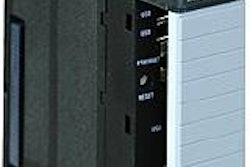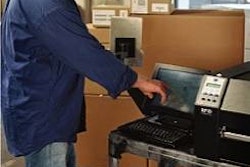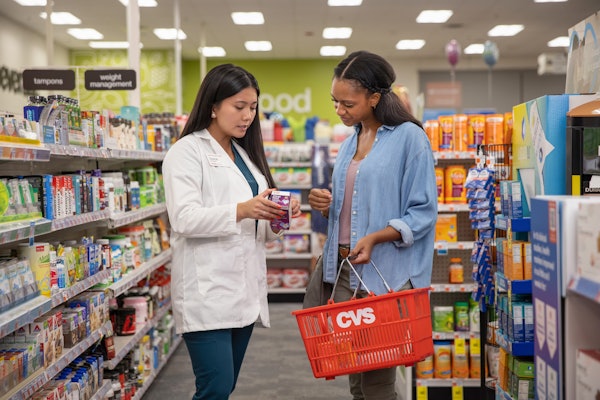A good survival strategy for truckers is waiting for trailer loads to be full before hauling. Unless, of course, the trailer contains sensitive pharmaceuticals.
Clearly, the implications are that the packaging of temperature- and humidity-sensitive drugs, and the monitoring of their shipping conditions, are becoming key issues.
Sandy Cook, engineer and president of Thermal Packaging Solutions, an independent consulting firm in New Jersey, agrees.
Cook is seeing changes brought on by the high cost of transportation in general. He has been asked by a few customers to look into shipping pharmaceutical products by ocean-going vessels, a slow, but cost-effective method for United States suppliers to make the product in Europe or Asia and transport it back to the U.S. for sale.
“Although there have been some advances in phase-change materials,” he notes, “the biggest advances have been in monitoring. These go way beyond what RFID can do. Chips that used to cost hundreds of dollars are now available for forty or fifty dollars that can give you a picture of what is happening inside the pallet load.”
Information on time, temperature, humidity, and even UPC codes can be tied into system logistics. For anti-diversionary monitoring (hijacking and counterfeiting), a global positioning system can be added.
“Large pharmaceutical companies are tying the information coming from an indicator the size of a quarter right into their IT systems,” according to Cook.
—Jim Chrzan
























